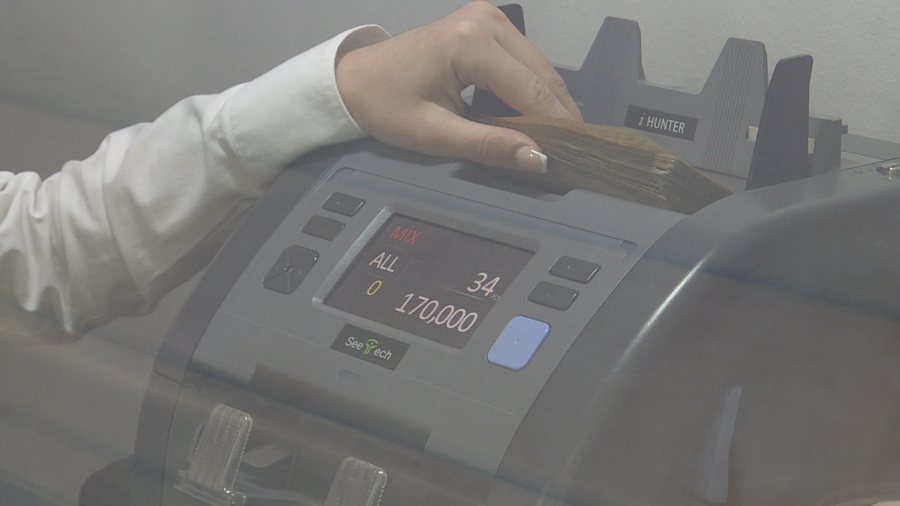
The "superlek", which harmed exporters by causing them millions of euros in losses, has "rewarded" the state treasury, after it devalued foreign debt.
Public debt, the amount of money Albania owes to lenders, fell to 54.7 percent of gross domestic product at the end of last year, the lowest level in more than a decade.
"The government has had an advantage in this regard. The fall of the euro, which translates into a drop in interest rates, has given the government breathing space in terms of external debt," said expert Klajdi Bregu.
Based on this report, it appears that the decline in debt has come mainly from currency depreciation, as external debt taken out in foreign currency is down 3 percent compared to 2023, while domestic debt taken out in lek is increasing slightly.
"The depreciation of currencies, and mainly the euro, has made foreign debt cheaper, because its repayment installments have been lower than in 2023. Specifically, if an installment of 100,000 euros in 2023 cost 10.3 million lek, at last year's exchange rate this value fell to 9.8 million new lek, as the average euro exchange rate last year, according to the ministry, was 98 lek," Bregu added.
However, these debt values are expected to change this year, after the issuance of a 650 million euro Eurobond a few days ago, which could lead to an increase in external debt. Albania's public debt is mainly focused on budget support, the transport sector, electricity and water supply and sanitation. (A2 Televizion)











